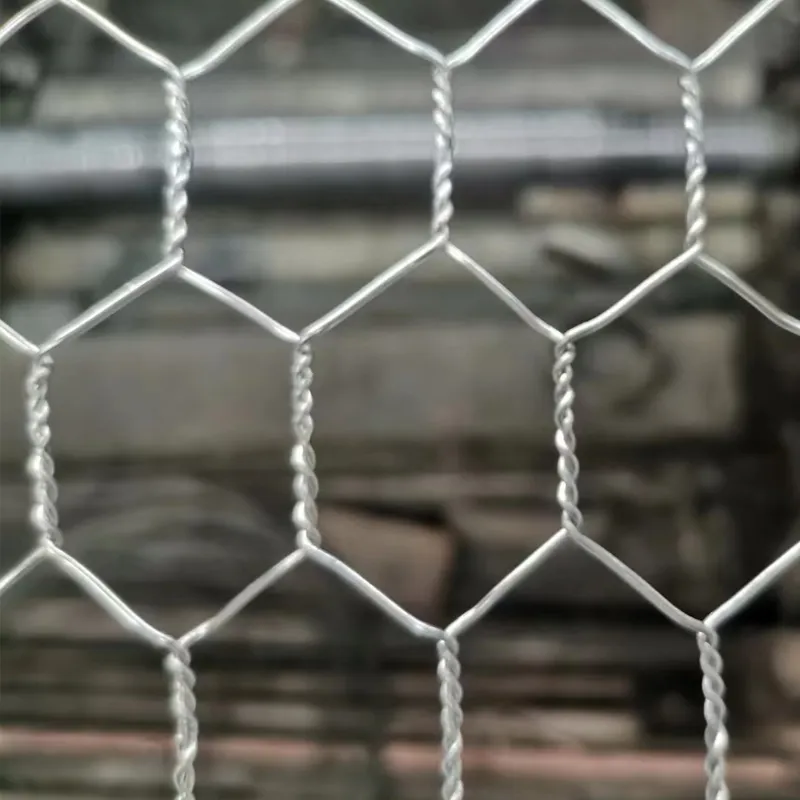Aug . 13, 2024 11:52 Back to list
High-Quality Nails and Screws Available for Purchase at Competitive Prices Online
The Essential Guide to Nails and Screws for Sale
When it comes to construction projects, woodworking, or home improvement tasks, nails and screws are indispensable fasteners that play a critical role in ensuring quality and durability. Whether you are a professional contractor or a DIY enthusiast, understanding the various types of nails and screws on the market can significantly enhance your project outcomes. This article provides an overview of the types of nails and screws for sale, their applications, and tips for selecting the right fasteners for your needs.
Types of Nails
Nails come in various sizes, shapes, and materials, each designed for specific applications. Here are some of the most common types you'll find for sale
1. Common Nails These are the most basic type of nails and are used for general construction, framing, and wood assembly. They have a thick shank, providing excellent holding power.
2. Finish Nails With a small head and a slender shaft, finish nails are ideal for trim work and cabinetry. They can be easily concealed, making them perfect for projects that require a clean and polished appearance.
3. Brad Nails Even smaller than finish nails, brad nails are used for lightweight projects, such as attaching thin panels or molding, where minimal holding strength is required.
4. Roofing Nails These nails have a large, flat head, making them perfect for securing shingles to roofs. They are typically galvanized to resist rust and corrosion.
5. Concrete Nails Made from hardened steel, concrete nails are designed to penetrate concrete or masonry, making them invaluable for construction work involving these materials.
Types of Screws
Screws are another essential category of fasteners, and like nails, they come in various types, each suited for different applications
1. Wood Screws Specifically designed for wood, these screws have coarse threads for better grip and a sharp tip to ease driving into timber. They are widely used in furniture assembly and woodworking.
nails and screws for sale

2. Sheet Metal Screws With a hard and durable design, sheet metal screws are used to fasten metal to metal or metal to wood. They come in various head styles, including pan, flat, and round, to cater to different needs.
3. Lag Screws Known for their strength, lag screws are used for heavy-duty applications, such as securing large pieces of wood or metal. They require a pre-drilled hole and a wrench for installation.
4. Deck Screws These screws are specifically designed for outdoor use, featuring corrosion-resistant coatings that make them ideal for building deck structures.
5. Self-Tapping Screws These screws make their own hole as they are driven into the material. They are used in a variety of materials, including metal and plastic, and are convenient because they eliminate the need for pre-drilling.
Selecting the Right Fasteners
When shopping for nails and screws, consider the following factors to ensure you select the right fastener for your project
1. Material Choose fasteners made from materials that resist rust and corrosion, especially for outdoor projects. Stainless steel, galvanized, and coated options are great choices.
2. Length and Diameter Ensure that the length and diameter of the fasteners are appropriate for the materials you are working with. Generally, the fastener should penetrate at least half the thickness of the material being joined.
3. Head Type The head type influences the tool needed for installation. Flat heads are suitable for flush finishes, while round heads provide better holding power for visible applications.
4. Application Specific Always consider the specific requirements of your project. For instance, use deck screws for outdoor decks and roofing nails for roofing applications.
Conclusion
Nails and screws are fundamental components of construction and woodworking projects. Understanding the various types available and their applications will help you choose the right fasteners for your needs. Whether shopping online or at a local hardware store, familiarize yourself with these options to ensure the success of your projects. Investing in the right nails and screws can save time, enhance the quality of your work, and ultimately lead to a more satisfying building experience.
-
Pre Cut Wire - Straightened, Deburred, Custom Lengths
NewsNov.17,2025
-
Binding Wire for Sale - Durable, Rust-Resistant, Bulk Deals
NewsNov.17,2025
-
Field Fencing for Horses – Safe, Durable, Easy Install
NewsNov.17,2025
-
Euro Fence Factory: Durable, Custom Euro Style Fences
NewsNov.17,2025
-
Euro Fence Factory: Durable OEM Panels, Direct Pricing
NewsNov.17,2025
-
Chain Link Fence Suppliers | Galvanized, Factory-Direct
NewsNov.11,2025









